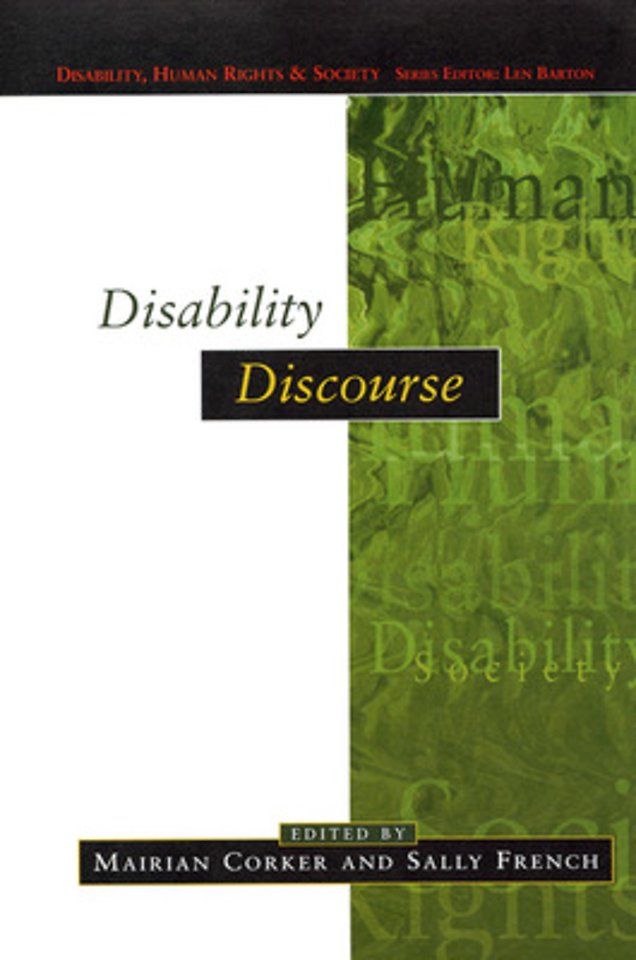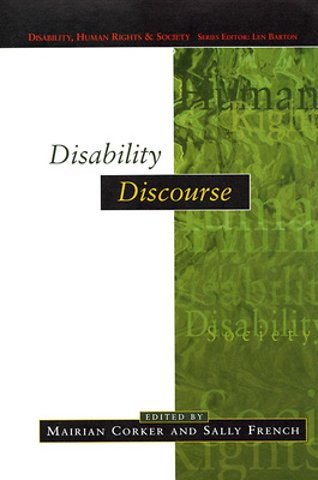Disability Discourse
Samenvatting
* Why has 'the discursive turn' been sidelined in the development of a social theory of disability, and what has been the result of this?
* How might a social theory of disability which fully incorporates the multidimensional and multifunctional role of language be described?
* What would such a theory contribute to a more inclusive understanding of 'discourse' and 'culture'?
The idea that disability is socially created has, in recent years, been increasingly legitimated within social, cultural and policy frameworks and structures which view disability as a form of social oppression. However, the materialist emphasis of these frameworks and structures has sidelined the growing recognition of the central role of language in social phenomena which has accompanied the 'linguistic turn' in social theory. As a result, little attention has been paid within Disability Studies to analysing the role of language in struggle and transformation in power relations and the engineering of social and cultural change. Drawing upon personal narratives, rhetoric, material discourse, discourse analysis, cultural representation, ethnography and contextual studies, international contributors seek to emphasize the multi-dimensional and multi-functional nature of disability language in an attempt to further inform our understanding of disability and to locate disability more firmly within contemporary mainstream social and cultural theory.
Specificaties
Inhoudsopgave
Net verschenen
Rubrieken
- aanbestedingsrecht
- aansprakelijkheids- en verzekeringsrecht
- accountancy
- algemeen juridisch
- arbeidsrecht
- bank- en effectenrecht
- bestuursrecht
- bouwrecht
- burgerlijk recht en procesrecht
- europees-internationaal recht
- fiscaal recht
- gezondheidsrecht
- insolventierecht
- intellectuele eigendom en ict-recht
- management
- mens en maatschappij
- milieu- en omgevingsrecht
- notarieel recht
- ondernemingsrecht
- pensioenrecht
- personen- en familierecht
- sociale zekerheidsrecht
- staatsrecht
- strafrecht en criminologie
- vastgoed- en huurrecht
- vreemdelingenrecht

